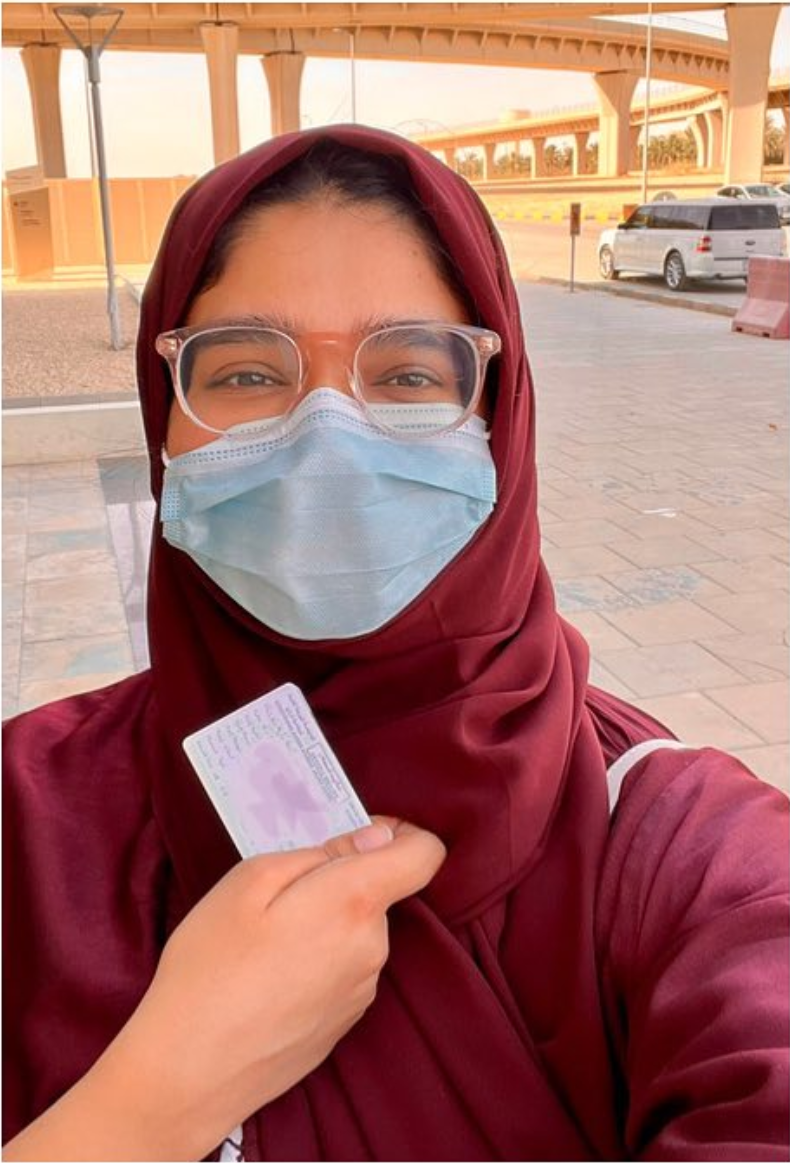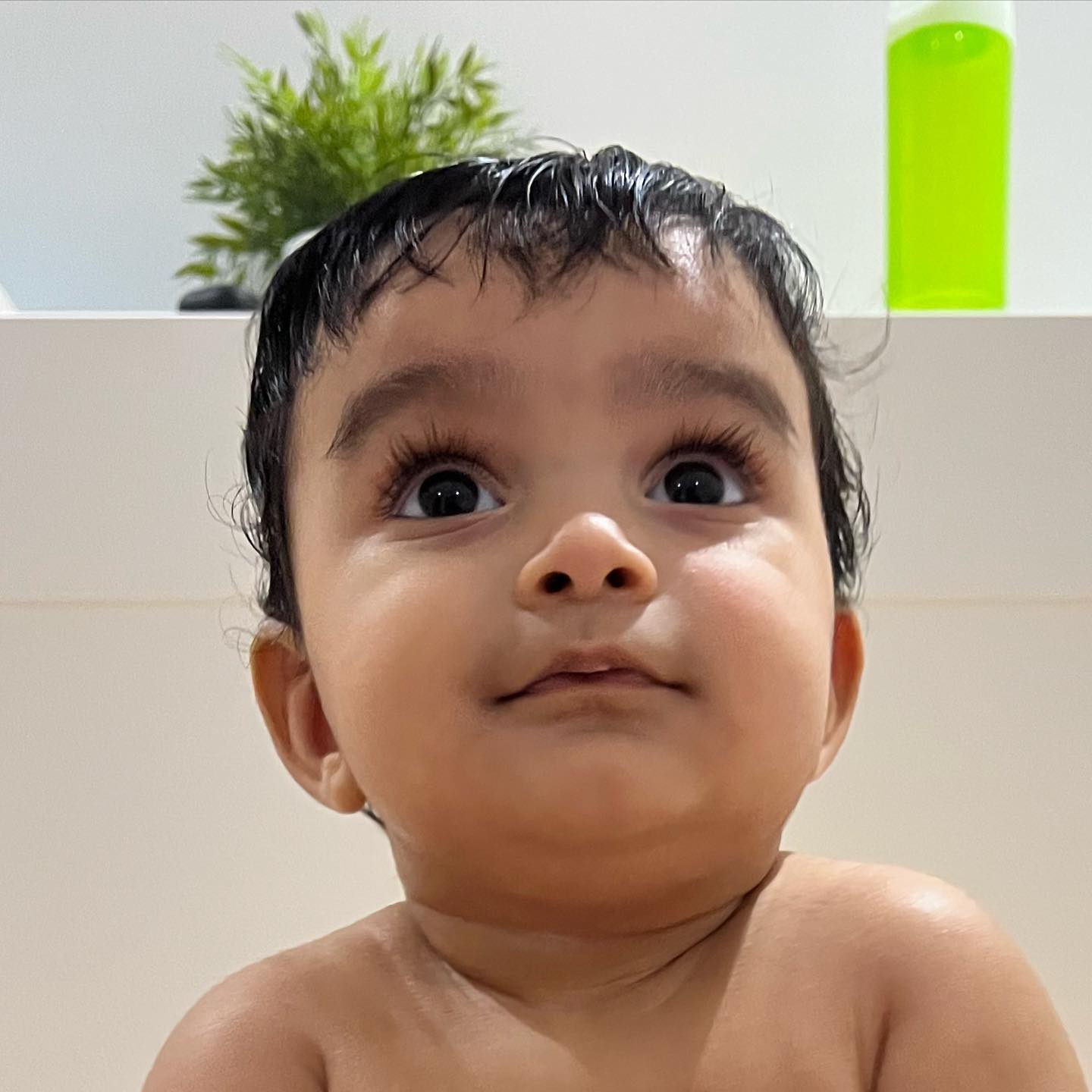period
Someone I know told me that when her mother got her first period, she thought she had blood cancer and was dying. So instead of informing her parents, her mother thought why worry them when she’s dying anyway, and walked around for a week bleeding on things till her mother spotted some stains and explained what was happening to her.
At first when I heard this story I laughed so hard imagining a poor terrified girl thinking she’s dying when she’s just got her period. But then as the years went by, this story has remained in my subconscious and now when I think of it I feel a lot of sadness and some anger too.
This happens because as girls so many of us aren’t taught about our bodies. Not only are we not taught about it we are conditioned to feel shameful about it. We must be apologetic about our breasts and walk in a way that doesn’t make ‘it’ prominent. When we get our period we must hide it from the men in our family and not let it show on our faces how much pain we are in.
Then I read some guys say ‘why make such a fuss, even our mothers went through it and they never complained. It’s a natural process yaar.’ I don’t what keeps me from smacking such people upside down. The only reason your mother didn’t complain was because your father, your uncle, and your grandfather, the society that time - none of them gave a shit about women’s health. They didn’t want to know what was happening to her. She’s just supposed to suck it up and work like a donkey. So when she became a mother to a daughter, she didn’t teach her about her body and the natural things that happen to it. And thus the cycle perpetuates.
I had girl friends who didn’t know which orifice babies were born from. Someone else was freaked out about normal discharge for a long time. We just don’t talk about these things and therefore don’t know what’s normal and what isn’t for our own bodies.
Ladies, you need to know your bodies as well as you know your mind. The physical is a part of you and only you can know every contour of yourself. Know what’s happening at physiological and hormonal level. Know what’s happening at different points of your menstrual cycle. Inspect yourself regularly to make sure there are no alarming bumps and lumps. Talk to your gynecologist. Openly. Ask them questions, even the ones which make you squirm.
Talk about your period. Don’t be embarrassed by what your body does naturally. Be proud of the graceful rise and fall of your curves. Celebrate the feminine and let no girl feel ashamed of her own body. Let’s start with our daughters and little sisters and make sure no one feels miserable about being themselves.





Comments